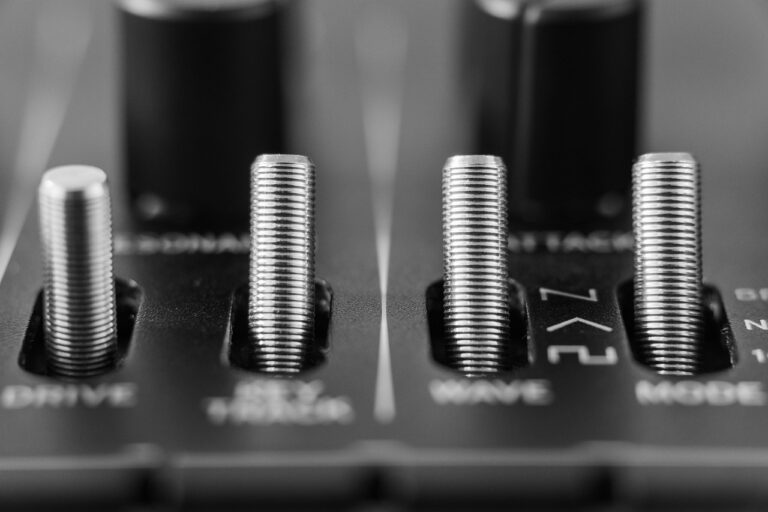Music Venues and Music Therapy: Exploring Healing Spaces and Therapeutic Benefits: Tiger exange, Golden77 login, Sky 99 exch app
tiger exange, golden77 login, sky 99 exch app: Music Venues and Music Therapy: Exploring Healing Spaces and Therapeutic Benefits
When we think of music venues, we often envision lively concerts and vibrant performances. However, music venues can also serve as healing spaces that offer therapeutic benefits to individuals. Music therapy, a clinical and evidence-based use of music interventions, has gained popularity in recent years for its ability to support emotional, cognitive, and social well-being.
In this article, we will explore the connection between music venues and music therapy, delving into how these spaces can become sites for healing and growth. From concerts to music therapy sessions, the power of music to heal and transform lives is truly remarkable.
The Healing Power of Music Venues
Music venues are often seen as places of entertainment and enjoyment, but they can also be spaces for healing and reflection. The energy and atmosphere of a live concert can evoke strong emotions and create a sense of connection among audience members. This shared experience can be incredibly healing, offering a sense of community and support.
Moreover, music venues provide a platform for artists to share their stories and experiences through music. This storytelling aspect of music can be therapeutic for both the performers and the audience, as it allows for emotional expression and connection. Whether its a rock concert or a classical recital, music venues have the power to uplift spirits and inspire feelings of joy and hope.
Exploring the Benefits of Music Therapy
Music therapy is a specialized form of therapy that uses music interventions to address physical, emotional, cognitive, and social needs of individuals. It can be particularly effective in treating mental health conditions such as anxiety, depression, and PTSD. By engaging with music in a therapeutic setting, individuals can explore and express their emotions in a safe and supportive environment.
Music therapy sessions can take place in a variety of settings, including hospitals, schools, and community centers. However, music venues can also serve as unique spaces for music therapy interventions. The immersive and immersive nature of a live music performance can enhance the therapeutic experience, allowing individuals to connect with music on a deeper level.
FAQs
1. How does music therapy differ from traditional talk therapy?
Music therapy uses music interventions such as listening, playing, and moving to address emotional and psychological needs, whereas traditional talk therapy relies on verbal communication to explore and resolve issues.
2. Can anyone benefit from music therapy?
Yes, music therapy can be beneficial for individuals of all ages and backgrounds, including children, adults, and seniors. It is particularly effective for individuals with mental health conditions or neurological disorders.
3. How can I find a music therapist or music therapy program in my area?
You can search online for music therapists or music therapy programs in your area, or ask your healthcare provider for recommendations. Additionally, organizations such as the American Music Therapy Association can provide resources and information on music therapy services.
In conclusion, music venues and music therapy share a common goal: to promote healing, connection, and well-being through music. By exploring the therapeutic benefits of music venues and music therapy, we can gain a deeper appreciation for the transformative power of music in our lives. Whether its attending a concert or participating in a music therapy session, lets continue to harness the healing potential of music in all its forms.







